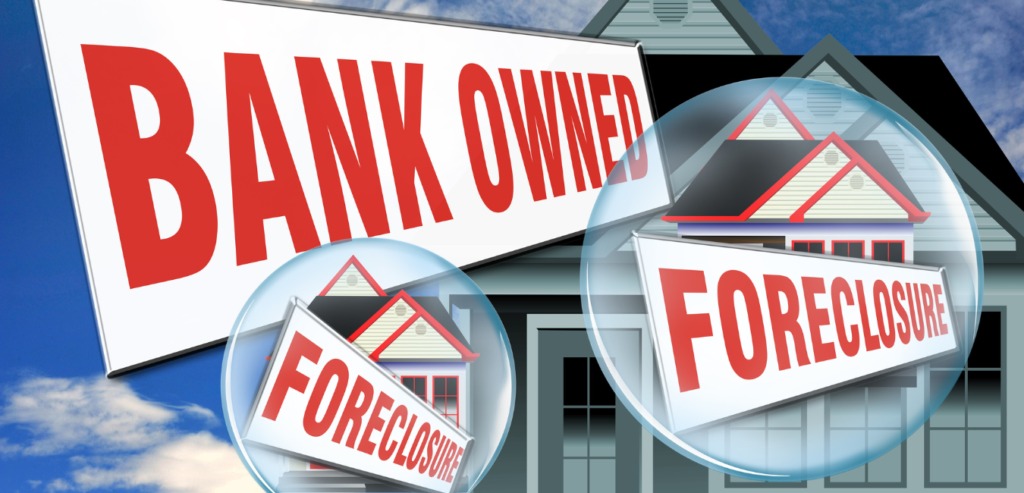Foreclosure and power of sale are legal processes that allow lenders to recover the money owed to them when borrowers default on their mortgage payments. Here are seven key points to know about foreclosure and power of sale:
- Definition: Foreclosure and Power of Sale are legal procedures initiated by lenders when borrowers default on their mortgage payments. These processes aim to recover the outstanding debt by selling the property securing the loan.
- Foreclosure: Foreclosure is a judicial process in which the lender files a lawsuit against the borrower in court. If the court grants a foreclosure judgment, the property is sold to repay the outstanding debt. The court oversees the entire process, including the sale and distribution of the proceeds.
- Power of Sale: Power of Sale is a non-judicial process that allows the lender to sell the property without court involvement. This process is typically quicker and less expensive than foreclosure. The lender has the power to sell the property, usually through a real estate agent, and use the proceeds to satisfy the debt.
- Notice and Redemption Period: Both foreclosure and power of sale require the lender to provide notice to the borrower about the default and the impending sale of the property. The borrower may have a certain period, known as the redemption period, to pay off the debt and prevent the sale.
- Order of Distribution: After the sale of the property, the proceeds are used to cover the outstanding debt, including the mortgage balance, interest, penalties, and legal fees. If there is any money remaining, it may be given to other lien holders or, in some cases, returned to the borrower.
- Deficiency Judgment: If the proceeds from the sale do not fully cover the outstanding debt, the lender may seek a deficiency judgment. This judgment allows the lender to pursue the borrower for the remaining amount. However, in some jurisdictions, deficiency judgments are not permitted or have limitations.
- Legal Consequences and Impact on Credit: Both foreclosure and power of sale have significant legal and financial consequences. The borrower may lose their home, and their credit score may be severely impacted, making it challenging to obtain future loans or credit. It is crucial for borrowers to seek legal advice and explore alternatives, such as loan modifications or refinancing, to avoid foreclosure or power of sale.
It’s important to note that foreclosure and power of sale processes can vary depending on the jurisdiction and specific terms outlined in the mortgage agreement. Therefore, it is advisable to consult with legal professionals or real estate experts who can provide accurate and jurisdiction-specific information.

